

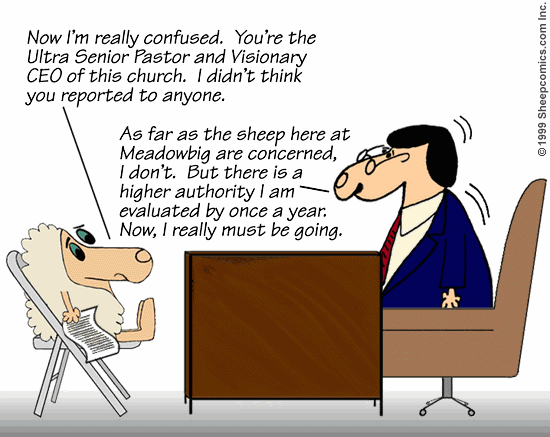
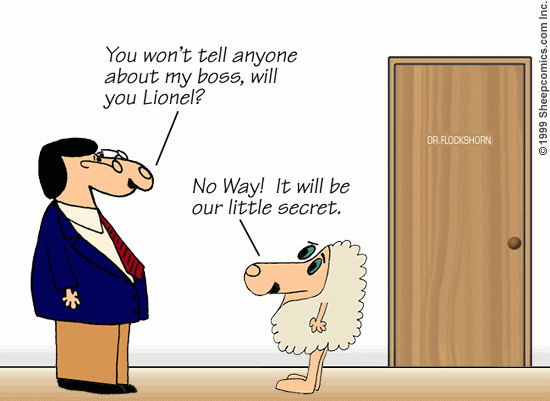
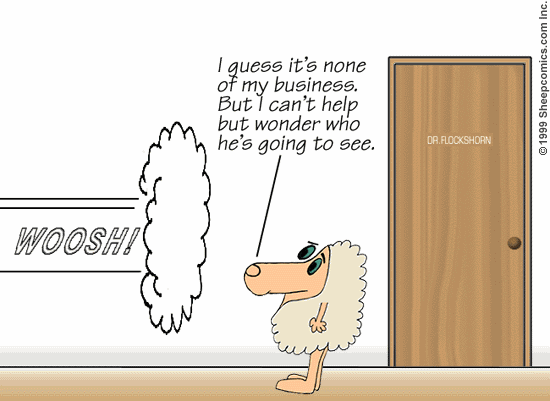
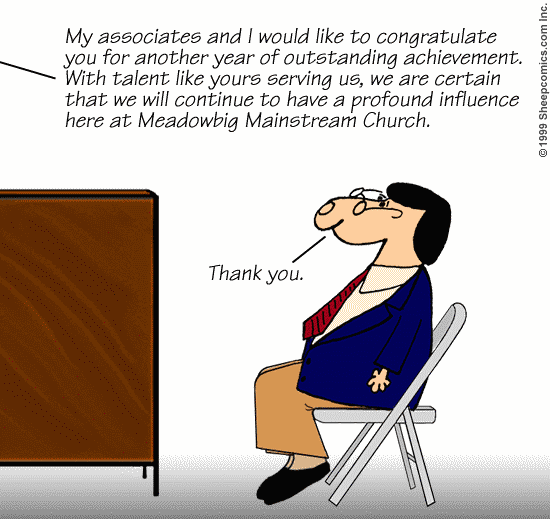

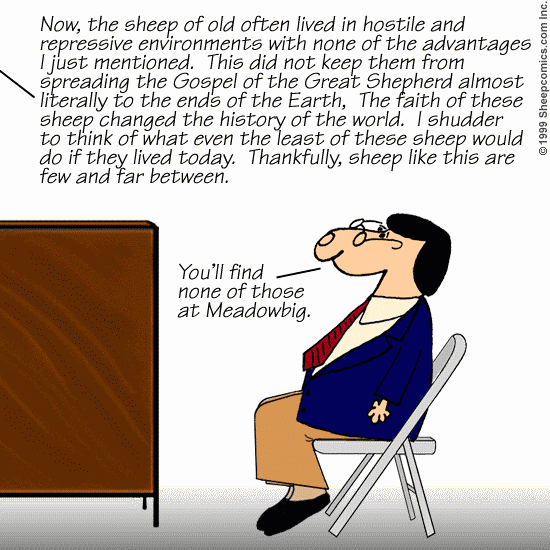
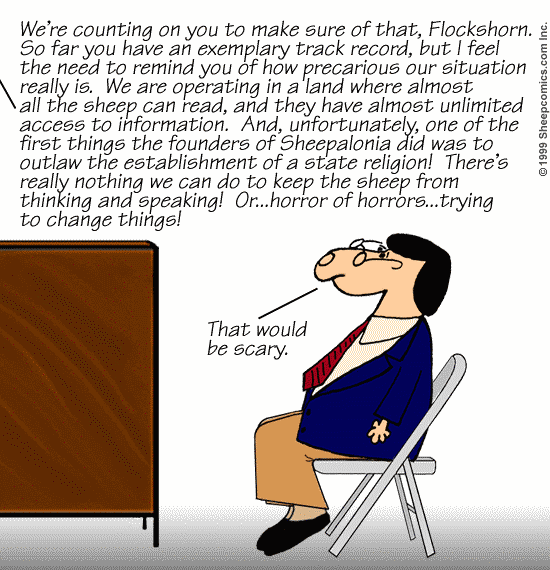
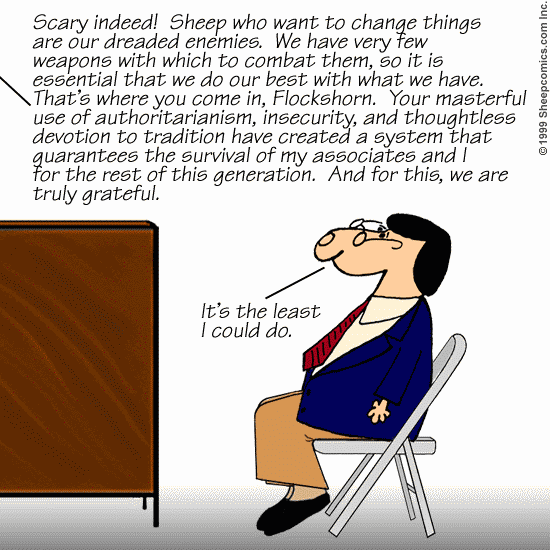
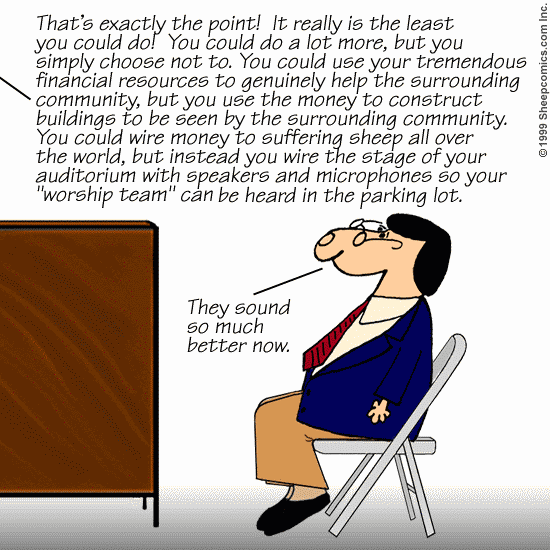
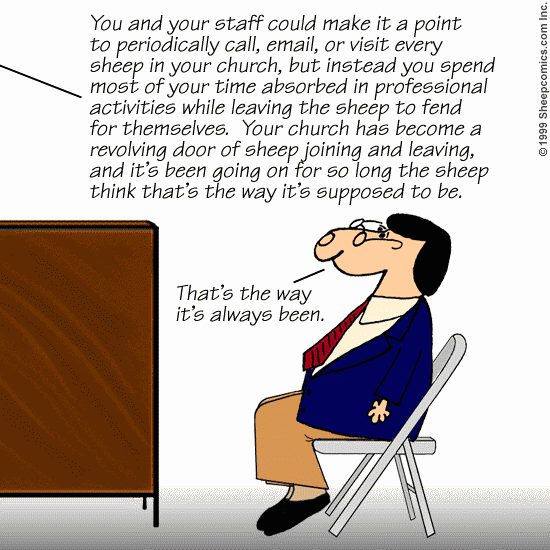
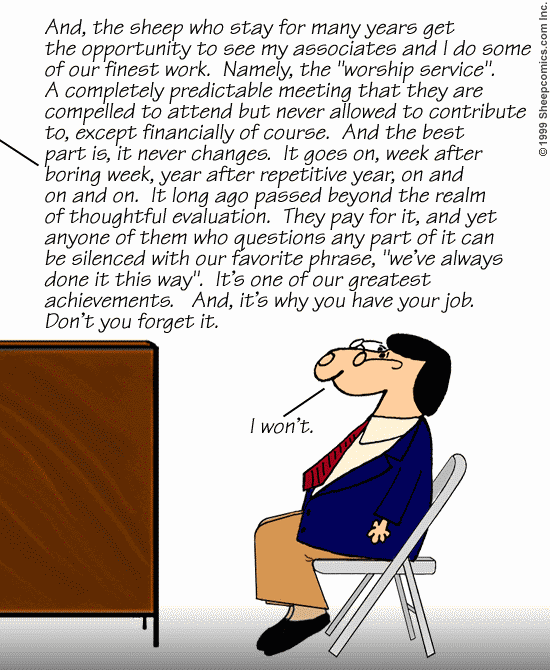
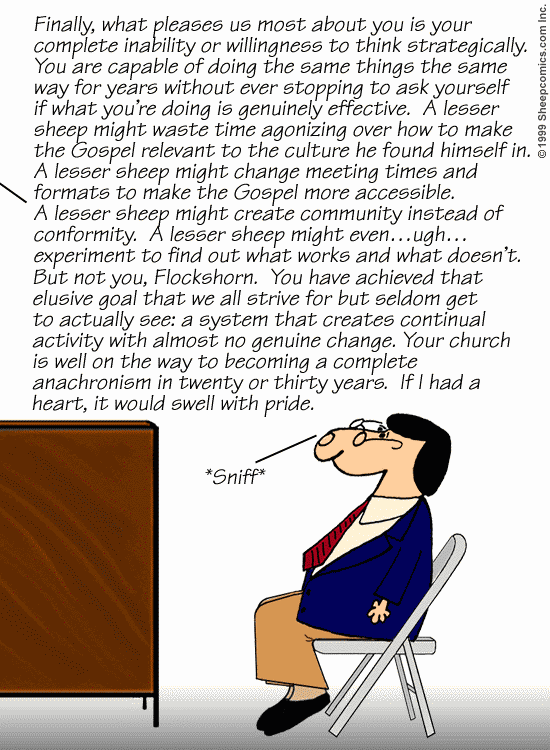
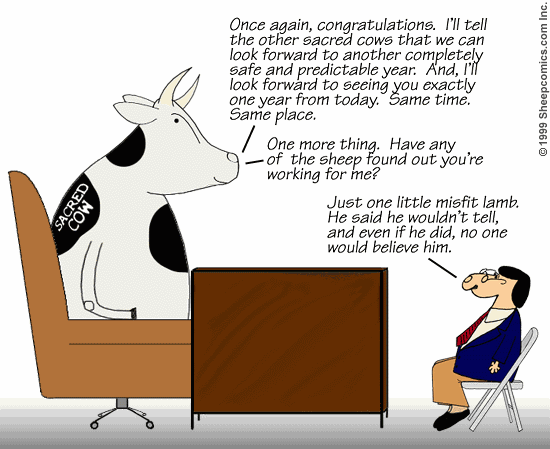
Editorial Notes
What is "sacred"?
I looked up the word "sacred" in my Websterís New Collegiate Dictionary and found that this word is, to put simply, a past tense version of the obsolete Middle English word "sacren". "Sacren" meant "to consecrate" and is rooted in the Latin word "sacrare". A "sacrarium" was a pagan Roman shrine that often contained "sacred" objects.
OK, great. So what does "consecrate" mean? I looked up this word to and found that "consecrate" is a combination of the Latin prefix "con", which means "together", and "secrare", which we have already seen. The definition of "consecrate" referred me back to the definition of "sacred". So, "sacred" is a word that indicates that something has been "consecrated", and "consecrated" means something that has been joined to that which is "sacred", thus itself becoming sacred.
I also looked up the word "sanctify". It comes from the Latin word "sanctus" which means, guess what, "sacred". As far as English is concerned, the words "sacred", "consecrated", and "sanctified" seem quite interchangeable.
So, I guess Iíll stay with my old standby definition for "consecrate", and that is "to set apart". In the biblical context, something "consecrated" is something set apart for God.
Last week, for a purpose unrelated to this comic strip, I did a little non-scholarly study which really got me thinking. I scanned my bible on CD for all the occurrences of the word "consecrate" and "consecrated". I made an interesting discovery. In the Old Testament, we see all kinds of things getting consecrated. People and priests got consecrated. Firstborn livestock got consecrated. The tent of meeting and the alter got consecrated. The furniture of the tabernacle got consecrated. The Sabbath day was consecrated. Under the Old Covenant, the term "consecrated" could apply to people, animals, objects, buildings, and days. Or in other words, people, animals, objects, buildings, and days could be "sacred" under the Old Covenant.
Next, I looked at how the word "consecrated" or "sanctified" is applied in the New Testament. I found that the term is only applied to people. It is applied to Jesus and to those who believe in Him. Under the New Covenant, it looks like the only thing that can be "sacred" is a person.
But we know that it really doesnít work that way in practice. Church systems have made a lot of things "sacred" in addition to people. In this context, Iím using the term "sacred" not as in "set apart for God" but as in "set apart from ever changing". Certain days have become "sacred" again. Sunday is the "sacred" day because that is the day we "attend worship". Certain buildings are "sacred" because they are built for the purpose of containing "sacred" rooms where people attend worship. Also, there are "sacred" meeting formats for various days. The "worship service" format for Sunday and the "bible study" format for Wednesday night. (Is there any other way for Christians to meet?)
Once a church system has itís meeting formats and methodologies in place, itís rarely acceptable to talk about changing them. They keep going on for year after year whether or not they bring about the results they were intended to produce.
The problem with this is that times change. The approach to "doing church" that served one generation well may not serve the next generation quite as well, and may not serve the next century (or millennium) well at all. Jesus did not command us to "do church" a certain way, but rather that we need to "be" a certain way. Jesus came so that we as individuals could be consecrated, or "set apart" for God. Maybe if we had fewer sacred buildings, job descriptions, meeting formats and methodologies, we might have more sacred people. Just a thought, from just one sheep.